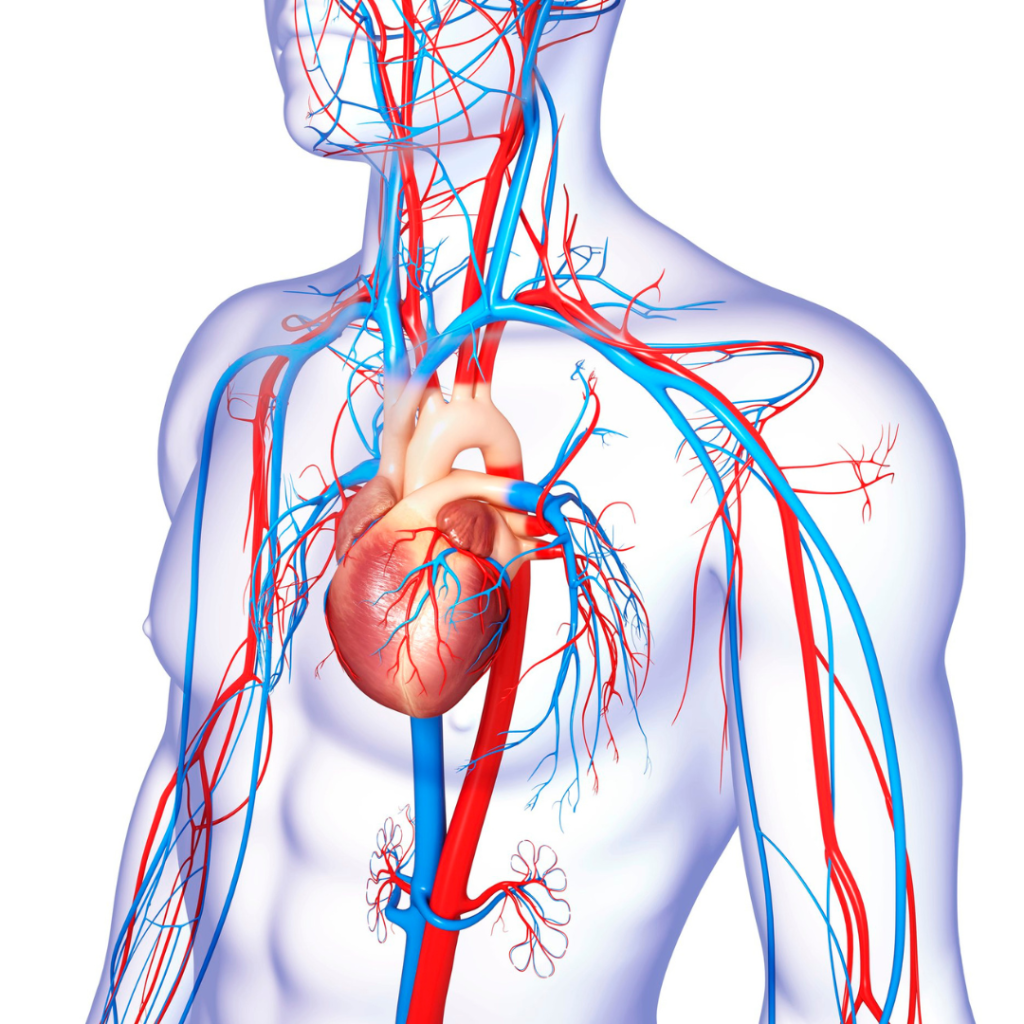2 February 2024: People’s risk of developing cardiovascular disease (heart and blood vessel disease, and stroke) is impacted by unmodifiable risk factors such as age, gender and genetics, as well as modifiable lifestyle factors—diet, alcohol consumption, physical activity, weight, smoking and mental health.
Using Raine study data, University of Western Australia medical school professor Trevor Mori examined the influence of lifestyle factors on cardiovascular disease, at a particular age, known as a cross-sectional analysis, and over time, a longitudinal analysis.
“Raine study data allows researchers to examine whether events during infancy, childhood or teenage years influence your chance of cardiovascular disease later in life,” Professor Mori said. “And now given we are collecting data from Gen1 (the parents of our original participants) and Gen3 (the children of our original participants), we have the potential to examine these associations across three generations. This makes the Raine Study truly unique.”
His research team found a quarter of Raine participants who were overweight between infancy to age 17, also had higher blood pressure. “This finding is important since even a minor increase in blood pressure increases your risk of having a stroke or developing coronary heart disease,” he said.
Interestingly, they also found the children of mothers with high blood pressure, or who suffered a complicated pregnancy, had consistently higher blood pressure from childhood into early adulthood.
Furthermore, Professor Mori and his team found individuals identified as at increased risk of cardiovascular disease at age 17 were, by age 27, more likely to smoke, be pre-diabetic, have a larger waist circumference, as well as higher blood pressure and inflammatory markers.
His team is now investigating how fat deposits around and within major organs, such as the kidney, liver and pancreas that were determined from MRI in participants at 27-years of age, affect cardiovascular risk. Other research is examining the genetics, the influence of the microbiome (gut health) and a hormone called aldosterone, which is involved in salt and blood pressure regulation, on cardiovascular health.
Research suggests unhealthy lifestyle choices, such as insufficient exercise, poor diet, smoking and excessive alcohol consumption, cause nearly half of all premature deaths. Using findings such as these from the Raine Study, health promotion bodies can better target unhealthy behaviours and hopefully, reduce people’s risk for cardiovascular disease.
Watch his oral presentation here, or read the Research Papers below:
Lifecourse Adiposity and Blood Pressure Between Birth and 17 Years Old

